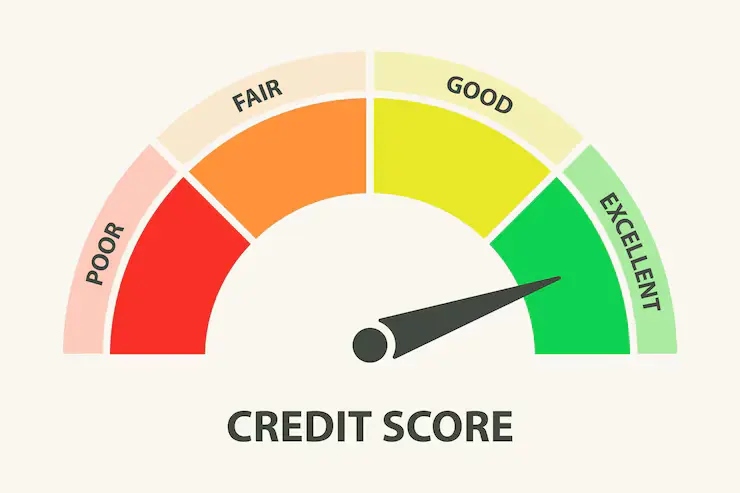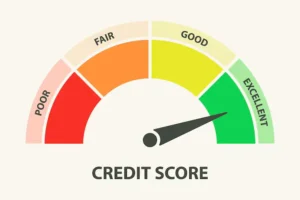Your credit score plays a huge role in your financial life. Whether you’re buying a house 🏠, getting a car 🚗, or applying for a credit card 💳, your credit score matters. But what is it exactly? And why is it so important?
Let’s break it down in a simple, friendly way. By the end of this article, you’ll have a clear understanding of what a credit score is, how it works, and how to make yours better! 👍
✅ What Is a Credit Score?
A credit score is a three-digit number that shows how trustworthy you are when it comes to borrowing money. Lenders (like banks or credit card companies) look at this number to decide if they should lend you money—and at what interest rate.
Think of it like a financial report card 📋. The higher your score, the better you look to lenders.
📈 What’s a Good Credit Score?
Credit scores usually range from 300 to 850. Here’s what the numbers mean:
Score Range Rating What It Means 800–850🌟 Excellent You’re a dream customer for lenders. 740–799 💪 Very Good You’re reliable and likely to get good rates. 670–739 🙂 Good You’ll usually be approved but may not get the best interest rates. 580–669😐 Fair Lenders might see you as a bit risky. 300–579⚠️ Poor You may not get approved or may face high interest rates.
🧐 What Affects Your Credit Score?
Several key things go into calculating your score. Here’s a simple breakdown:
- Payment History (35%)
Do you pay your bills on time? ⏰ Late payments hurt your score. - Amounts Owed (30%)
This looks at how much debt you’re carrying compared to your credit limit. Try to use less than 30% of your available credit. 📉 - Length of Credit History (15%)
How long have you had credit? Longer histories usually help your score. ⏳ - New Credit (10%)
Have you applied for new credit recently? Too many applications in a short time can lower your score. ❌ - Credit Mix (10%)
Having a variety of credit types (like credit cards, car loans, and mortgages) can help. 🧮
💡 Why Is a Good Credit Score Important?
A good credit score helps you in many ways:
- Lower interest rates 💰
Save money on loans and credit cards. - Easier approvals ✔️
Get approved faster when renting a home or buying something big. - Better job prospects 📁
Some employers check credit as part of their hiring process. - Bigger opportunities 🚀
Qualify for higher credit limits and better financial products.
🔧 How to Improve Your Credit Score
Improving your score doesn’t happen overnight, but with patience and the right steps, it’s very possible! Here’s how:
- Pay on time, every time. 🕒
Set reminders or use auto-pay. - Keep your credit usage low. 📉
Don’t max out your cards. - Don’t close old accounts. 🚪
Older accounts help your credit history. - Limit new credit applications. 📬
Only apply when necessary. - Check your credit report for mistakes. 🔍
You can get a free report from sites like AnnualCreditReport.com. Report any errors!
🧠 Final Thoughts
Understanding your credit score doesn’t have to be confusing. Think of it as your financial health meter. Just like exercising and eating well helps your body, making smart money choices keeps your credit strong 💪.
Remember:
📌 Pay bills on time.
📌 Use credit wisely.
📌 Check your score regularly.
By following these steps, you’ll build a healthy credit score that opens doors to a brighter financial future! 🚪✨


